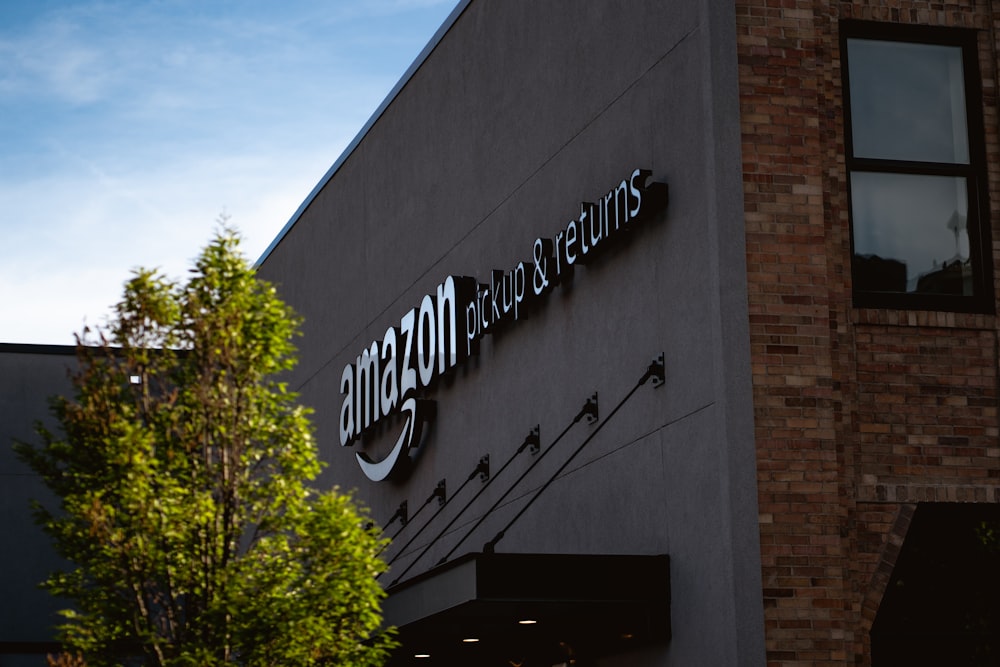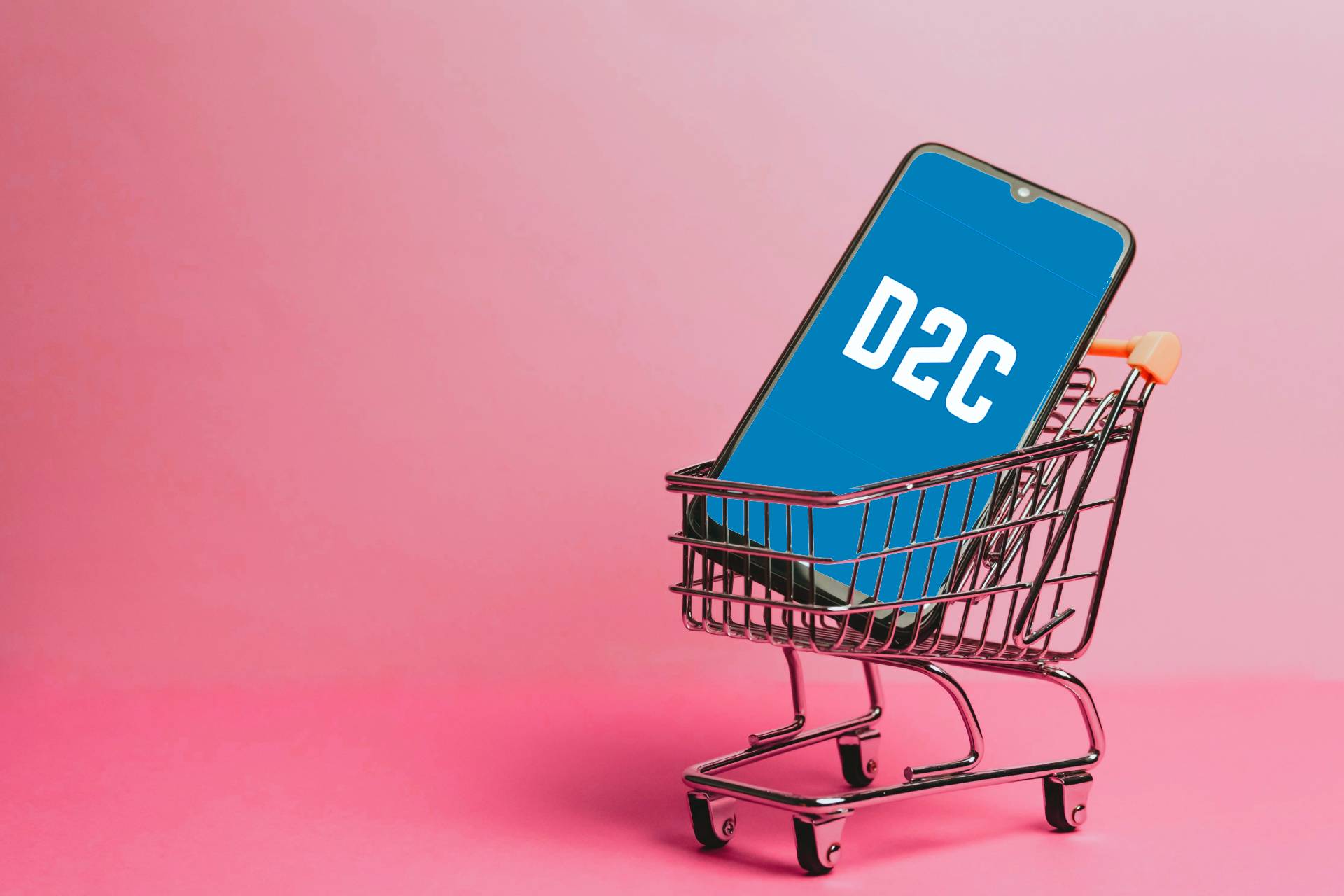Navigating the world of third-party sellers like Amazon can be quite a maze, with terms like FBA, FBM, and various warehousing and fulfillment chances. Whether you’re a new seller or looking to expand your eCommerce presence and grow your business, understanding these terms and how they can impact your business is crucial. In this guide, we’ll dive deep into the nuances of brands selling on Amazon without FBA, highlighting the benefits and challenges of different fulfillment infrastructures and helping you decide the best strategy for your brand.
Amazon FBM: A Closer Look
Fulfilled by Merchant (FBM) or merchant fulfilled network is another fulfillment by Amazon, wherein the Amazon seller central is responsible for storing, packing, and shipping orders without relying on Amazon’s infrastructure. FBM allows sellers to maintain greater control over their inventory and shipping processes. Many non-FBA sellers utilize outsourced fulfillment partners or manage their own warehouses to facilitate this.
The Benefits of Using Amazon FBA
Amazon FBA offers several advantages to sellers as compared to without using FBA:
- Prime Shipping: Products under-fulfilled by Amazon automatically qualify for Prime shipping, attracting Amazon Prime members and boosting sales.
- Customer Trust: FBA products often gain more trust from customers due to reliable shipping and easy returns.
- Reduced Operational Hassle: Sellers can focus on product sourcing and marketing, letting Amazon handle fulfillment.
Challenges and Considerations for FBA Sellers
While FBA offers numerous benefits, there are also challenges:
- Fees: Amazon charges for storage and fulfillment. During peak seasons, these fees might increase.
- Inventory Management: Sellers must monitor their FBA inventory levels to avoid stockouts or overstocking, which can result in additional fees.
- Less Control: While Amazon also handles customer service for FBA orders, any issues can reflect on the seller’s account.
Why Some Sellers Opt for FBM Over FBA
FBM allows flexibility, especially for sellers with unique products or specific Amazon fulfillment needs. Other reasons include:
- Lower Costs: Without FBA fees, some sellers find FBM more cost-effective.
- Custom Packaging: Fulfillment by merchants can offer branded packaging, enhancing the customer experience.
- Inventory Control: Direct handling allows for better inventory management.
How to Combine FBA and FBM Strategies
Many sellers use a combination of FBA and Non-FBA. This hybrid approach provides flexibility, especially for products that might not be ideal for FBA due to size, weight, or other factors. By listing under both fulfillment services of FBA and FBM, sellers can ensure they never miss a sale.
Amazon Prime and its Impact on Sellers
Being a Prime seller can significantly boost sales due to the vast number of Amazon Prime members. FBA automatically qualifies for Prime, while FBM merchants can achieve Prime status through the Seller Fulfilled Prime program, though it comes with stringent requirements.
Cost Implications: Amazon FBA vs. FBM
Both FBM and FBA have associated costs. Sellers that use FBA must consider storage and order fulfillment center fees, while FBM sellers need to account for Amazon warehouses, packing, and shipping costs. It’s vital to assess which method offers the best profit margins for your specific business model.
Expanding Beyond Amazon: Multichannel Fulfillment
Expanding sales avenues is a strategic choice. With Amazon FBA’s Multichannel Fulfillment, sellers can use their FBA Program inventory to fulfill orders from various sales channels. Here’s how it works: while Amazon takes care of the FBA service for Amazon customers, you can also send your inventory to Amazon, and they will handle shipping your orders to customers from other channels. This streamlines the fulfillment process and maximizes efficiency.
Choosing the Right Fulfillment Option for Your Business
Deciding among FBA, FBM, or a blend depends on factors like product type, business size, and goals. Analyzing costs, capacities, and customer experience guides the choice. Amazon business supports sellers of all sizes. FBA works to streamline fulfillment costs for convenience, while non-FBA suits those wanting more control. A hybrid approach balances both. These services help you sell effectively.
Conclusion
In the dynamic landscape of Amazon selling, understanding the intricacies of fulfillment options like FBM and FBA is paramount. While FBA allows leveraging Amazon’s vast infrastructure, ensuring Prime eligibility, and fostering customer trust, it comes with its set of challenges, including fees and inventory management. On the other hand, using FBM provides a seller central account with greater control over inventory and the potential for cost savings, albeit with added operational responsibilities. Many sellers find a balanced approach by combining both strategies, optimizing for product specifics, and maximizing sales opportunities. As businesses evolve, it’s essential to continually assess and adapt fulfillment strategies, considering costs, operational capabilities, and customer preferences, to ensure sustained growth and profitability in the ever-competitive Amazon marketplace.
Whether you run an e-commerce company, a subscription box business, or require a reliable partner to deal with pick-and-pack services or customer returns – we’ve got you covered at PhaseV! Contact us today!




